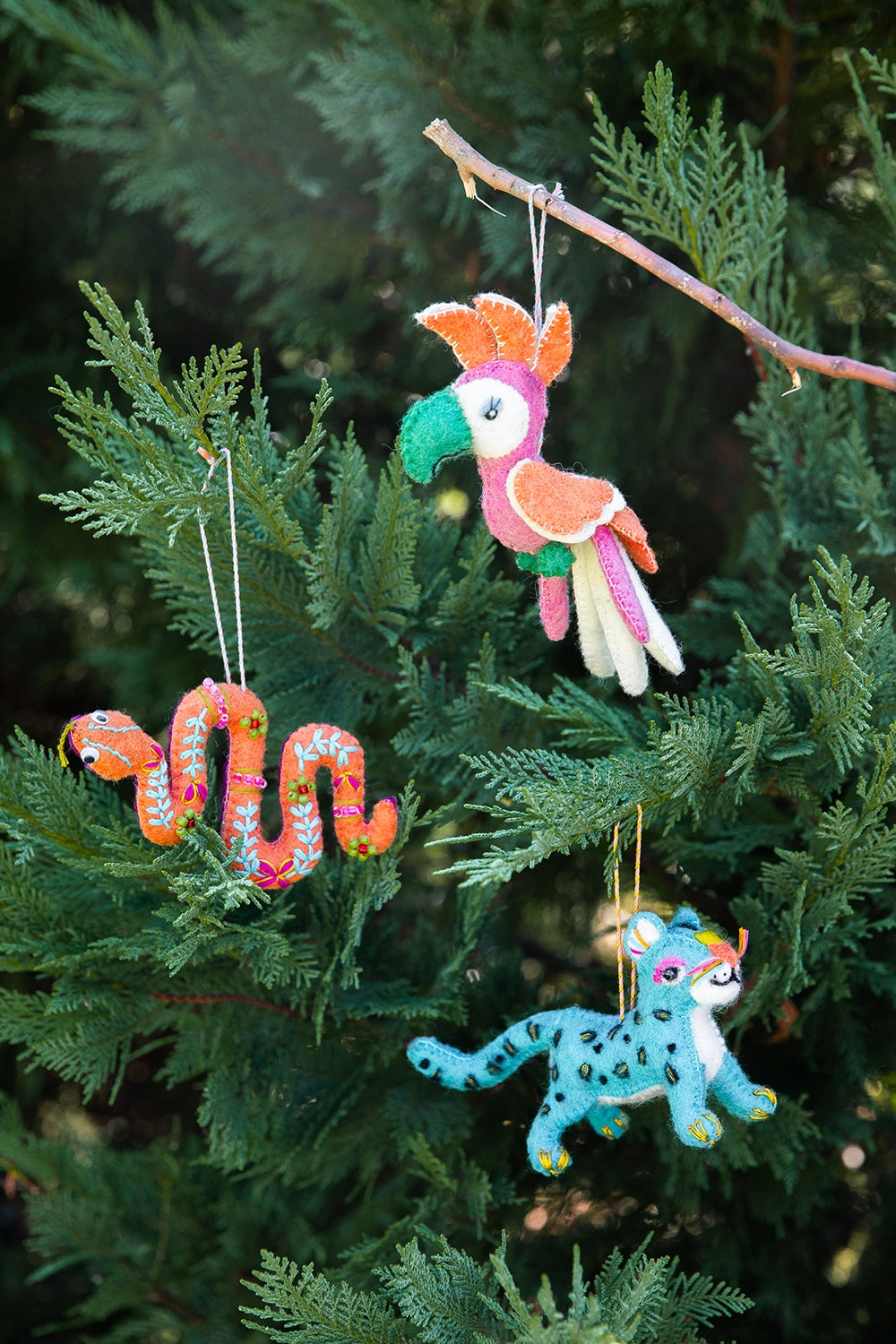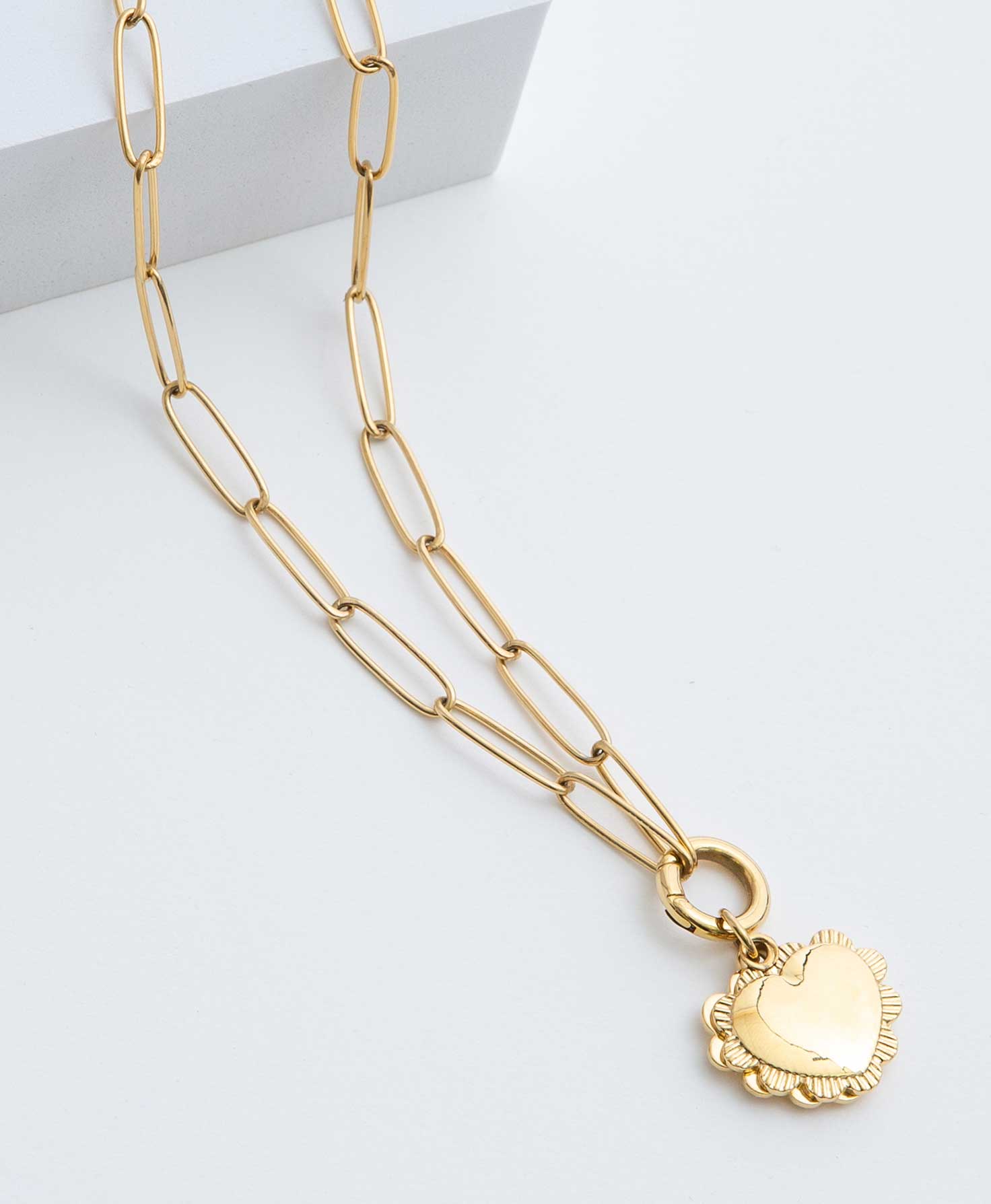Last spring, I was at a crossroads in life. Sheltering at home was dragging on far too long for my liking, like a lot of other people I know.
I decided the previous year to return to college to finish a degree in psychology, never expecting a pandemic lockdown would impede my ability to work in my chosen field. I needed to start looking for ways to fill my time since an internship would not be possible for the foreseeable future. I chose the field of psychology because I am passionate about helping women and children. Where I live, there are not nearly enough therapists that focus on children.
In May, I, along with the rest of the world, watched with horror as George Floyd’s killing was televised. I felt sick. I had naively been asleep to the ways racism was still actively impacting large numbers of fellow human beings. Human beings are made in the image of God. My heart broke for the Floyd family. I grieved for George like he was a friend.
Growing up in Birmingham, Alabama, it is impossible to not have at least some knowledge about the dark history of the city. In 1963, four little girls died in a bombing on a Sunday morning at church, because they were hated for something beyond their control — the color of their skin. This occurred in the city I grew up in less than just over two decades before I was born.

I knew that Dr. Martin Luther King, Jr. had been arrested for leading non-violent demonstrations. I grew up acutely aware that protestors had been attacked by police, using firehoses, tear gas, and dogs as agents of fear and intimidation.
Despite understanding some of the dark history of Birmingham, my education was lacking in connecting the dots between segregation, Jim Crowe laws, Martin Luther King, Jr.’s activism, and how historical inequities continue to impact the lives of people to this day.
In response to George Floyd’s death, I knew I could no longer pretend I did not see the disparities in the treatment of people who grew up never having to fear an encounter with police (like myself) and people who were understandably fearful of even an innocuous traffic stop. I was suddenly acutely aware of the privilege I had been born with. What could I do with it?
I joined the racial reconciliation group, Be the Bridge, which was founded by Latasha Morrison, an author, diversity expert, and champion for unity. I was hungry to lean into the hard, uncomfortable conversations and to have a community to learn with. Be the Bridge members observe a three-month window of silence for all new members, but I was learning so much just from reading the posts of members from diverse backgrounds.
In June I heard that author Jen Hatmaker’s book club was going to dive headlong into addressing race in America during the month of July. One of the gifts to members that month would be several pieces of training with Latasha Morrison.
I knew I had to join. I wanted to hear what God had laid on Latasha’s heart to share in the wake of George Floyd’s murder. I was grateful to find a community of women in the book club who were ready to learn. I read Latasha’s book, Be the Bridge, and I was upset to learn things that my own education had never addressed. This was just the tip of the iceberg. I wanted to learn more.

One of the things I appreciated most about Be the Bridge is that members are educated about historical inequities and the lasting repercussions, allowing us to fill in the gaps where our own education may have been lacking.
During the first few months of being a member of Be the Bridge, a new member is supplied with newspaper articles, TED Talks, YouTube videos, podcasts, and books all with the aim of expanding cultural awareness and helping the members to understand what systemic racism is and how it still impacts individuals lived experiences to this day.
One day last fall one of my friends from the Jen Hatmaker Book Club invited me to a Noonday Collection fundraising Trunk Show for Be the Bridge. The founder of Noonday Collection, Jessica Honegger, has been a longtime friend of Latasha Morrison. In the fall of 2020, the two founders decided to create a business partnership to spread the word about the work that both Be the Bridge and Noonday Collection do–all while raising funds for Be the Bridge.
I had never heard of Noonday, nor had I ever been to a Trunk Show, but I was enthusiastic about the bridge-building work Be the Bridge is doing, so I was happy to participate. I’ve been a fan of fair-trade fashion for years, but hearing the stories of Noonday’s Artisan Partners spoke to my heart. In Ethiopia, artillery meant to maim and kill is being reclaimed and upcycled into beautiful pieces of wearable art — bullets become business! What a beautiful symbol of redemption. I ordered several items from my friend’s Trunk Show for Christmas gifts.

I had all the gifts shipped to my home, and then I repackaged and shipped the gifts across the country to my family. Each of the gifts I purchased arrived wrapped in colorful fabric bags. The fabric bags were stitched by Rwandan genocide survivors. One of my personal favorites was learning about the Storyline Collection. The Storyline Collection pieces are handmade by women who have overcome sexual exploitation and are bravely creating a new life for themselves, a life where they have dignified work that allows their entire family to flourish. Between the artillery shell pieces, the Rwandan fabric bags, and the Storyline Collection, I was sold on Noonday.
There was so much beauty in the stories that came from each geographical region. I felt good about my purchases knowing they were helping these Artisans from around the world to feed their families, to be able to afford their children’s schooling, and it was raising funds for Be the Bridge.
These purchases are helping people to defeat generational poverty that is unfathomable to most of us who grew up in the United States.
Each item I ordered was so beautiful that I, who did not wear jewelry at that time, low-key coveted each piece. I started thinking, I would wear this jewelry. I would love to wear these pieces. This is not “just” jewelry, but each of these pieces represents a dignified job for people, most of them women, in economically disadvantaged areas of the world. Not to mention the pieces are uniquely detailed and beautiful!
When my friend from the book club joined Noonday Collection as an Ambassador she asked if I would host a Trunk Show for her. I forewarned her that due to the economic impacts of COVID-19 I was unsure if any of my guests would be able to shop, but I would be more than happy to try.
As it turns out, my friends and family did shop my friend’s Trunk Show, and as it progressed, I learned in more detail precisely how Noonday works with Artisan Entrepreneurs to grow their capacity and to expand the market for their accessories. The more I learned about Noonday, the more I fell in love with the mission. I began to view Noonday as a viable way that I could care for vulnerable women and children and fulfill that internal desire that had first put me on the course to complete my degree.

By the time my Trunk Show had closed, I earned the Adwa Foldover Clutch for free. I had not even been aware I would earn free products by hosting, so that was a happy surprise!
My friend and I started talking about what it might mean for me to join Noonday as an Ambassador.
As it would turn out, Latasha Morrison was going to be speaking at SHINE, Noonday’s annual conference. If I were to join as an Ambassador, I would get to hear from Latasha again.
When I first listened to Tasha’s teachings in the book club last July, I knew that she is a woman who is using her God-given gifts to make a difference in the world. She has a unique calling on her life and I have enormous respect for the boldness of purpose and courage that Tasha has.
I love Noonday and deeply wanted to be a part of advocating for the Artisans. I knew there was a life of greater purpose available to me, where I could use my voice to elevate, empower, and encourage women. Seeing how my guests at that first virtual Trunk Show responded to Noonday was additional encouragement. As they received their first Noonday purchases, they eagerly snapped and shared selfies of them trying on their Noonday. I knew hosting would be meaningful, but I was unprepared for how much fun it would be!
Since joining Noonday, I have become a fan of all the accessories! Now, it is not uncommon for me to be wearing enormous statement earrings, an arm ladened with stacks of bright bracelets, and two or three necklaces, even if I am just wearing a graphic t-shirt and yoga pants going to the grocery store. I love getting to represent such a wide range of countries and cultures with each new style.
As I have gotten to know the Ambassador community over the last six months, I have constantly been astounded by the warmth, acceptance, and love of the women who choose to step outside of their comfort zone in order to make a difference in the lives of others.
Noonday Ambassadors are a unique group of women, unified, working towards a common goal, and rooting for each other’s successes as much as we strive for our own. Without a doubt making the decision to join Noonday Collection as an Ambassador is one of the best decisions I have made! I get to help women feel more confident about themselves, advocate for Noonday’s Artisan Partners and am part of a sisterhood of women who aspire to be true world changers.
Meet Jennifer Evans Green
Jennifer lives in Prescott, Arizona with her husband and their dog, Lucy. She recently graduated with her degree in psychology with honors. Her favorite things are fair trade, travel, reading, taking hikes with her husband, and spending time with friends and family. You can follow her on Instagram @jennifervansgreen.




